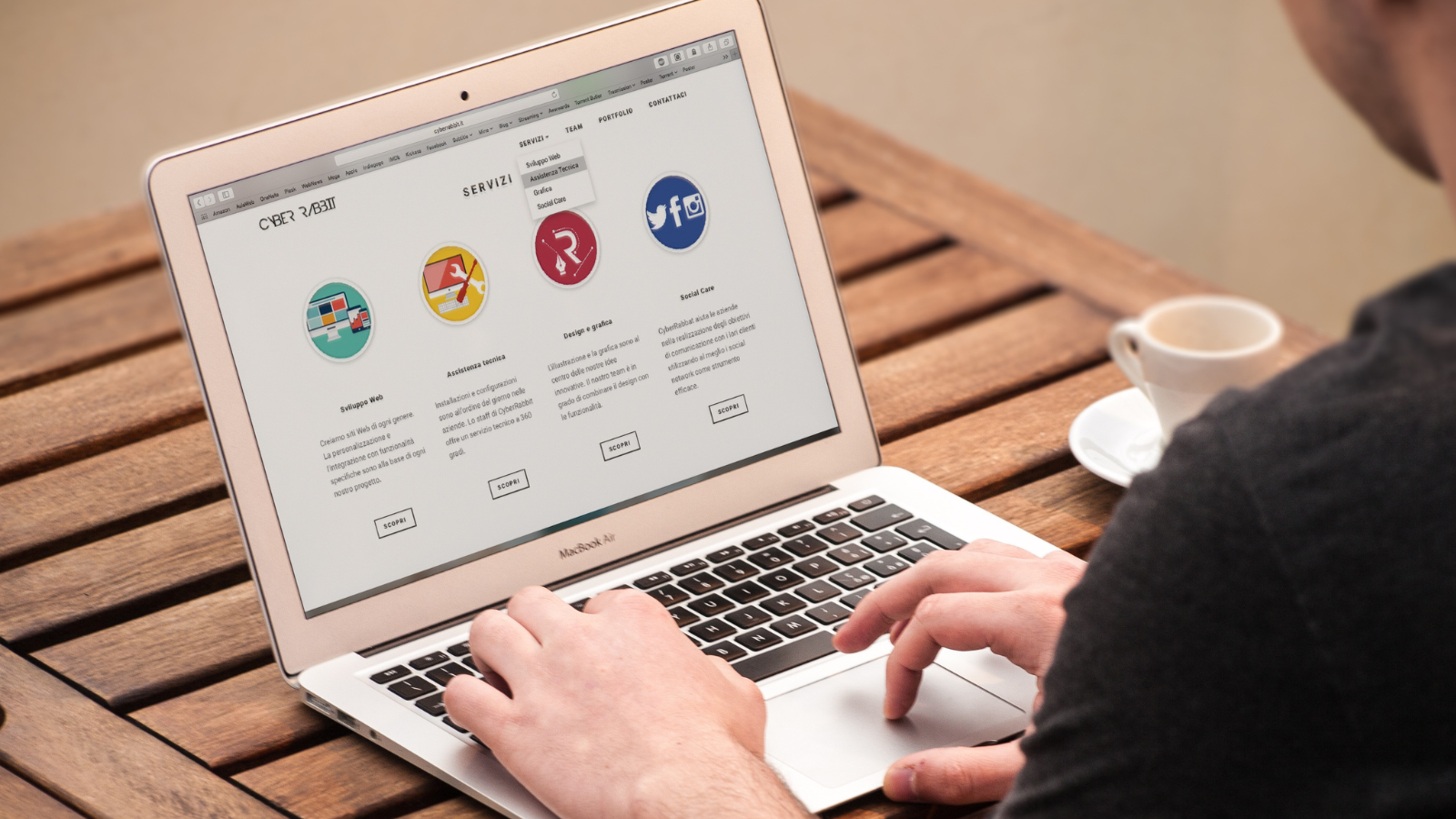Feedback is an important aspect of your PHD dissertation; it does not matter if it comes from your peers, supervisor, tutors, or academic reviews. Feedback from these people will aid you in improving your writing and research.
And above all, you will easily finish your thesis as per the academic standards. On the other hand, feedback can every so often a daunting task, especially if you are sharing your research work with others.
Learning how to process, prioritize, and as well act of feedback will help you produce quality, improve, and refine work. So, you must be thinking about how you can obtain feedback and deliver the best work.
But do not worry, in this guide, we will teach you how you can receive feedback and boost the quality of your work.
So, let's jump to the post without wasting time.
Why is feedback essential in a Dissertation?
Feedback is a very important element of dissertation writing as it assists learners to identify their negative areas and helps them improve them.
There are a lot of sources of feedback, such as peers, supervisors, academic reviews, and mentors. On the other hand, feedback in dissertations is noteworthy because it is a long and complex task that requires in-depth knowledge of the subject.
Here are the key reasons why feedback is imperative.
- Helps classify the blind spot
- Offering a unique and fresh point of view
- Boost the quality of work
- Assist and help create solid writing skills
Tips for getting feedback on your Dissertation
1. Accept a growth mindset
Always remember that feedback is not a failure, as it will help you refine the quality of your dissertation. So, you will need to embrace the growth mindset.
- View feedback as positive instead of personal.
- Be aware that revisions are part of the academic process.
- Rejoice in incremental progress in your work.
2. Organize and obtain feedback
Now you will need to organize the feedback according to your priority and relevance. For instance,
1. High Priority- Firstly, you will need to take high priority of certain tasks like structural problems, methodology changes, and gaps in the content
2. Medium priority- Now take medium priority, clarity of expression, logical flow, and minor changes in the content.
3. Low priority- Lastly, your lowest priority must be typos, spelling, and grammar errors.
3. Clarify doubts
If you have doubts and problems, better to talk to your supervisor. Effective communication can help you obtain positive feedback from academic tutors and supervisors. They will help you clear all of the problems.
There are a lot of seasoned Dissertation Writing Services available in the market that can help you offer a supreme and well-researched thesis. Moreover, they also own a team of the best writers who can help you solve all of your problems. So, go and connect with them.
4. Organize regular meetings
Among the ideal ways to obtain feedback from your supervisor in a dissertation is that you will need to organize regular meetings.
So, it can depend on the availability of your supervisor; you can organize a meeting with them, such as weekly or in 15 days.
Further, here is what you will need to do before scheduling a meeting.
- Firstly, you must outline the challenges that you are facing, and you need to discuss it.
- And as well, which chapter you need to obtain feedback you need to write it down.
Hence, after you take the regular meeting with your supervisor, you will surely improve and polish your work.
5. Balance feedback with vision
It is vital to obtain feedback, but you need to recall that you are the expert in your research.
Here is how to handle feedback with vision
- Firstly, you need to analyze the feedback wisely. And then ask the question, does it bring into align with your research aims?
- Unite changes that build up your work, whereas you will need to remain true to your vision.
- Lastly, do not become afraid to politely debate feedback if you disagree with it.
6. Utilize feedback as a learning opportunity
Always remember that feedback is a learning opportunity that will not only help you refine your dissertation. But you will increase your writing and research skills once time passes.
What is the process of getting feedback on your dissertation?
Collecting feedback is a more efficient process via a structured method. Below is the key process of getting feedback on your dissertation.
- Share drafts regularly- Firstly, you will need to meet with your supervisor and then submit your chapters to them at intervals. Also, create a weekly or 15-day schedule of drafts. It will help you make your process easier in the early stages.
- Request for certain feedback- When you submit the chapters to your supervisor, you can also request certain feedback. Such as which kind of input you need- After that, underline the sections you target for comments- This can comprise of mix of sources, literature review, or findings.
- Utilize peer feedback- You can use feedback reviews to elevate the quality of your dissertation. These peers’ feedbacks offer valuable support, and they usually notice variations and will provide suggestions that will help you refine your work.
Challenges of peer review and how to overcome them in your dissertation
1. Obtain negative feedback
Among the key challenges of getting feedback on a dissertation is that they are usually negative. And they depress the learners. But it is vital to know that feedback is a chance to grow.
2. Finding qualified reviewers
One of the most challenging aspects of a dissertation is finding qualified reviewers who have the time and expertise that offer detailed and constructive feedback. But these kinds of feedback usually take a lot of time.
So, as an author, you can overcome this by creating a network of peers and mentors for the duration of your academic journey.








